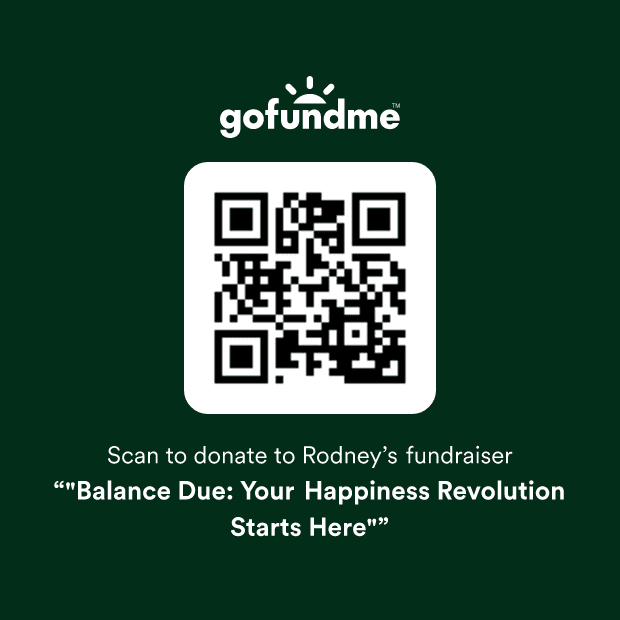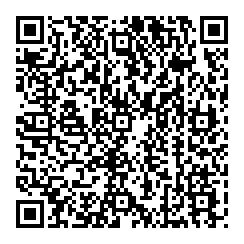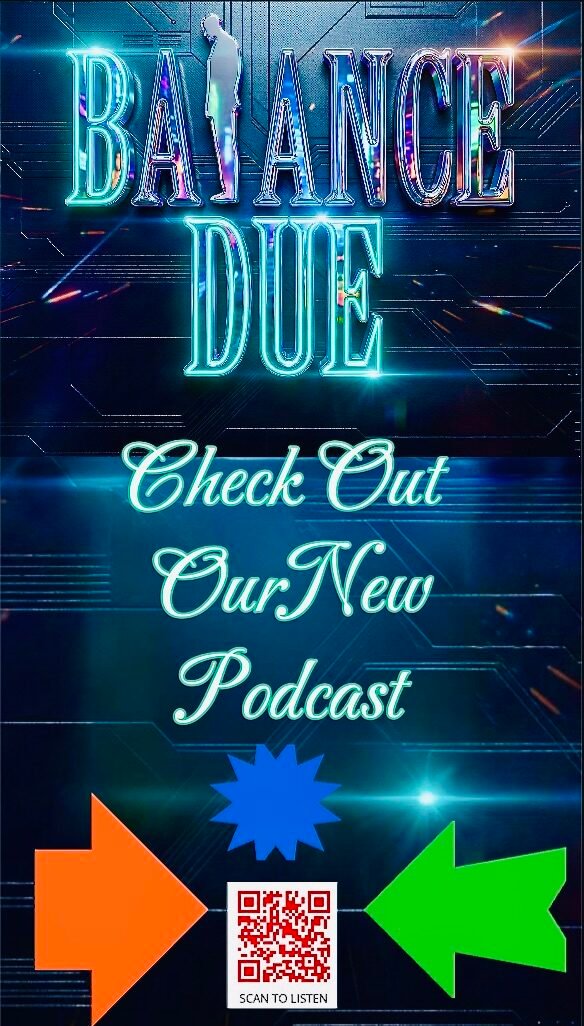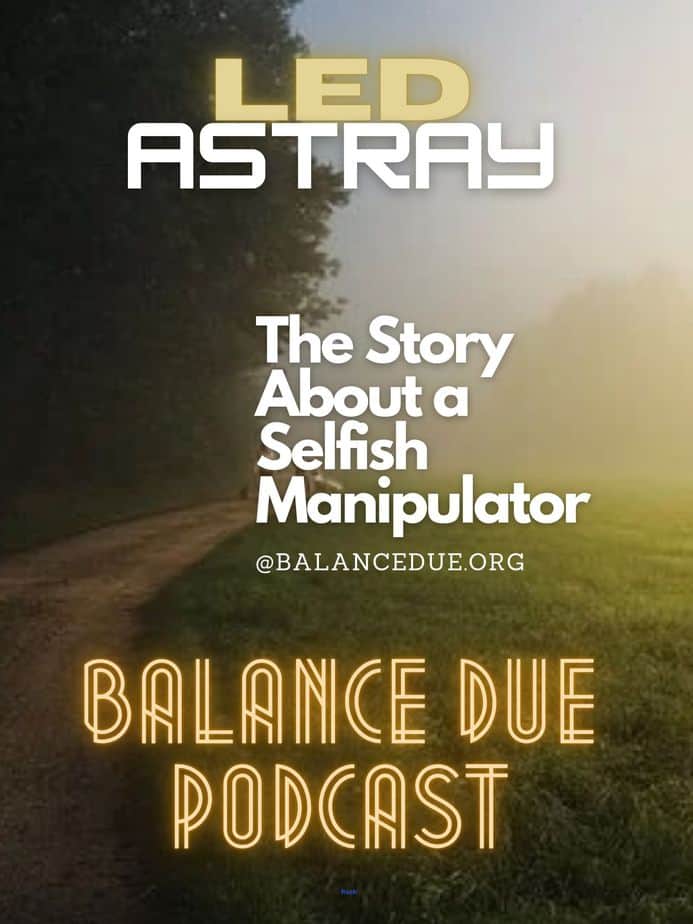Voters Share Insights on Equity and Anxiety:
February 12, 2025 | by rodney

Share this content:
Voters Voice Their Opinions on the American Dream
Balancing Diversity, Equity and Inclusion. In the early weeks of 2025, America finds itself at a crossroads, with voices from across the political spectrum raising profound questions about the direction of our nation. The Balance Due Podcast recently captured a compelling narrative that cuts to the heart of our current national discourse, one that reveals how everyday Americans are wrestling with voters’ opinions on changes that touch the very fabric of our society.
Perhaps most striking is the testimony of a self-described “everyday regular joe” a former Trump supporter whose candid reflection mirrors the concerns of many working Americans. “This is not what we signed up for,” he declares, his words carrying the weight of disillusionment that comes from seeing reality diverge from expectation. His testimony speaks to a broader truth: when it comes to matters of equity and inclusion, the impact on everyday lives often transcends political allegiances.
The voter’s concerns about economic anxiety and corporate power paint a vivid picture that cuts across demographic lines. With egg prices soaring to ten dollars a dozen, the conversation about equity isn’t just academic, it’s about survival and dignity in an increasingly challenging economic landscape. This reality check forces us to confront an uncomfortable truth: how can we discuss diversity and inclusion when basic economic security remains out of reach for so many?
This economic strain intertwines deeply with mounting concerns about the intersection of corporate power and political leadership. The voter’s keen observation about access to personal data and potential conflicts of interest raises fundamental questions about privacy, power, and the safeguards needed in our digital age. When technology executives move into government positions, the implications ripple through every aspect of American life, from personal privacy to economic opportunity.
The national discourse, as captured in these early 2025 discussions, reveals a country grappling with fundamental questions about what true equity and inclusion look like in practice. The testimonies suggest that Americans across the political spectrum are seeking leadership that can bridge divides rather than deepen them, that can address economic inequities while fostering genuine inclusion. What emerges from these voices is a call for balance, between progress and stability, between innovation and privacy, between economic growth and economic justice. The concerns raised remind us that diversity, equity, and inclusion aren’t just buzzwords but principles that must be measured against their real-world impact on American lives.
As our nation navigates these challenging waters, the voices captured in these discussions remind us that the path forward requires listening to all perspectives, especially those of working Americans who feel the immediate impact of political decisions. Their experiences and concerns offer valuable insights into how we might build a more equitable and inclusive society while addressing the practical challenges that affect everyday lives. The road ahead demands a delicate balance of technological progress with privacy protection, economic growth with economic justice, and innovation with inclusion. These voices from early 2025 suggest that achieving this balance remains both our greatest challenge and our most pressing necessity, a challenge that requires not just policy changes, but a fundamental reimagining of how we define and pursue the American dream in an increasingly complex world. Stay informed about the evolving landscape of voters’ opinions. Subscribe to our newsletter for updates and insights. What are your thoughts on the current political landscape? Share your opinions below and join the conversation! ~Balance Due


RELATED POSTS
View all



